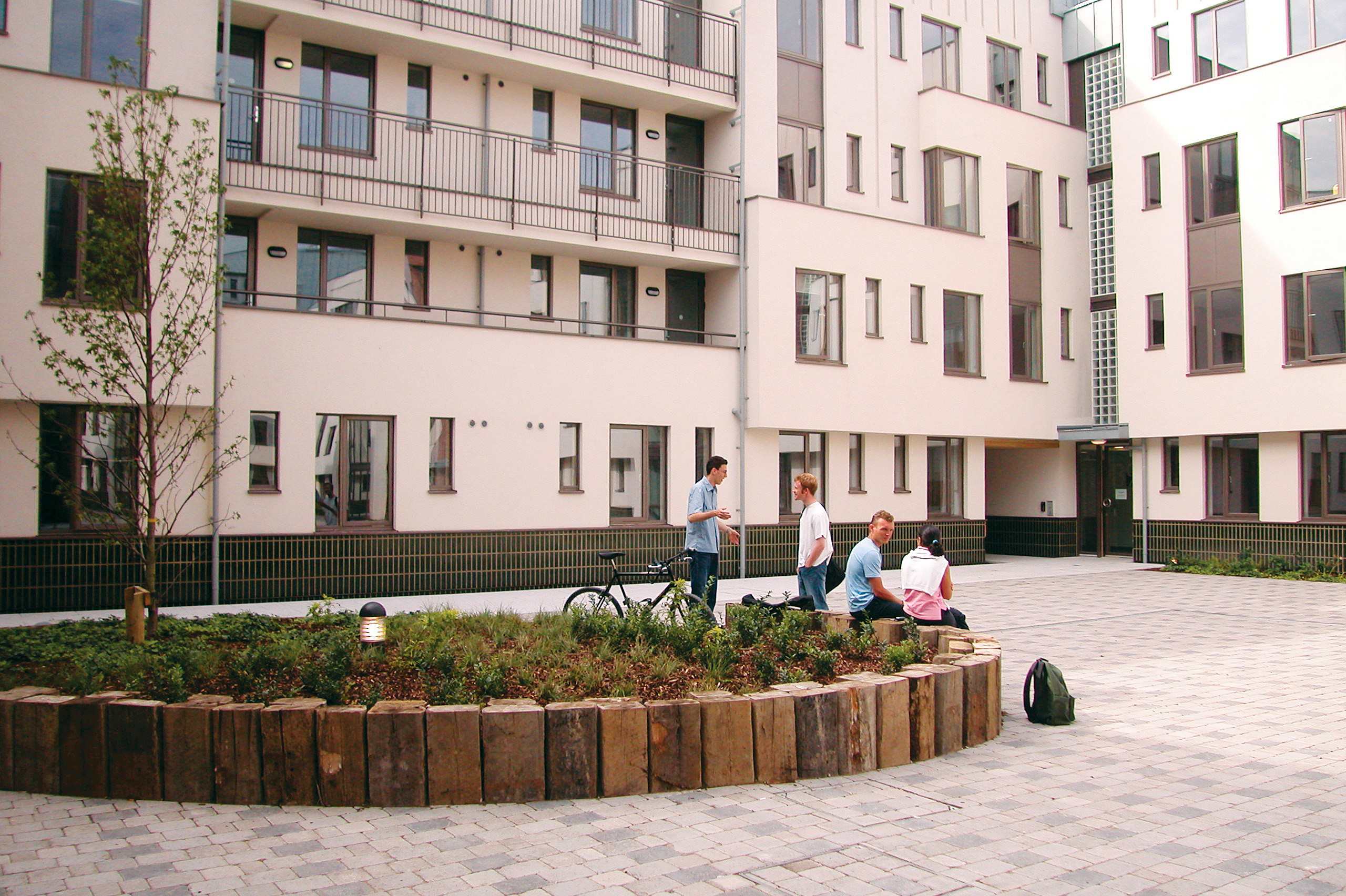The design process has begun for the development of new rooms in Trinity Hall, which are set to be completed by 2023.
Speaking to Trinity News, Dean of Students, Kevin O’Kelly, stated: “It is very early days to know the construction time but our very preliminary estimates are 26 months, plus a further six for contingency bringing completion to March 2023.”
The contingency period, O’Kelly continued, “reflects the state of the market at the moment with almost all projects in Dublin taking significantly longer than planned”.
New planning regulations require College to submit for planning permission directly to An Bord Pleanála after consultation with Dublin City Council, a process which is likely to take eight months. The subsequent tendering process for the main contractor is estimated to push the beginning of construction to July 2020 at the earliest.
The Board and Finance Committee have instructed that rents must be kept low in order to provide alternatives to private sector developments. O’Kelly believes that “pricing should be transparent so that students feel they are paying for what they are getting”. However, he added that “pricing across all accommodation sites is determined by the Accommodation Office”.
Currently in the design phase, the team behind the project have carried out a benchmarking exercise in the UK, Netherlands, US, and Ireland to explore different housing layouts, the student experience, and renting prices.
The most expensive layout is single occupancy, en-suite rooms in apartments of six around a kitchen and living room. The lowest rent rates are associated with twin rooms in apartments with shared bathrooms.
Building costs and resulting rent costs are currently being modelled for housing options, including apartments or houses of six to eight single bedrooms with shared bathrooms, and shared-room apartments with shared bathrooms.
Noting that US universities tend to use the twin room layout strategically to aid student integration, O’Kelly brought a discussion document to the Student Life Committee to explore the relationship between accommodation type and student experience.
While the committee supported the role of accommodation in student development, there was a strong consensus that twins were not desirable. Currently Halls vacancies are predominantly twin rooms, despite the rent costing €40 less per week than single en-suite rooms.
“It appears that while Irish students want lower rents, they may not be prepared to share rooms,” O’Kelly noted. “We cannot afford to build rooms that students don’t want so we are considering commissioning a professional market survey of our students to determine what the key criteria is for them.”
The business cases for the various layout options and the associated rent rates must be presented to the Board and Finance Committee in April or May before the project can proceed further.
Halls is currently home to over 1,000 students each year, most of whom are first years. It also houses second year students who are elected to the Junior Common Room (JCR), which oversees student life in Halls, and third year Scholars.
The 300-bed expansion comes as one of four capital development projects underway across campus with funding from a €100m investment from the European Investment Bank (EIB).
Other projects include the refurbishment of the Arts Building, which began last summer with the addition of new seating pods on the ground floor, and the expansion of the Law School. Funds from the investment are also directed towards the Engineering, Environment, and Emerging Technologies “E3” institute, which will see the construction of a 6,086 square metre “Learning Foundry” on the main campus in conjunction with the Schools of Computer Science and Statistics, Natural Sciences, and Engineering.






